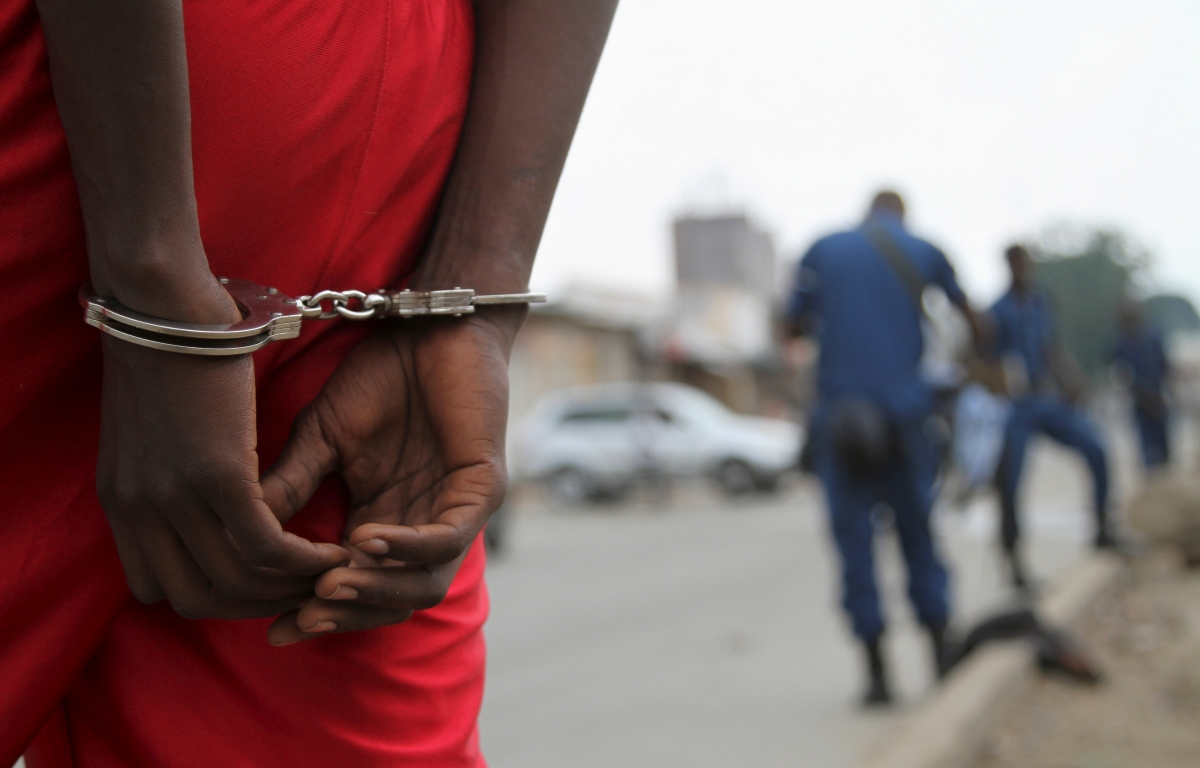The signatories highlight that the CoI remains the only independent mechanism mandated to document human rights violations and abuses, monitor, and publicly report on the situation in the country, and that changing political realities do not amount to meaningful human rights progress.
The civil society letter outlines the grave human rights violations committed in Burundi since 2015 in a context of near-complete impunity. Despite calls on the new Burundian President, Évariste Ndayishimiye, to demonstrate his openness to reconciliation by releasing all detained human rights defenders (HRDs), Germain Rukuki, Nestor Nibitanga, and Iwacu reporters Egide Harerimana, Christine Kamikazi, Terence Mpozenzi and Agnès Ndirubusa, remain in detention.
As Burundi is in a period of potential transition, following the 20 May 2020 presidential, legislative and local elections and after the passing of former President Nkurunziza, there are signs of promise as well as of significant concern, the signatories write. Tangible progress is yet to be registered regarding priority areas for action, including the fight against poverty, the fight against impunity, reform of the judicial system, the re-opening of the democratic space (including a safe and enabling environment for civil society), and cooperation with international and African human rights mechanisms.
At this time, as uncertainty remains, the best chance to achieve meaningful change is through the renewal of the mandate of the CoI, as well as the Burundian authorities reinitiating dialogue with the international community, the letter concludes – and the best way to do this is by making measurable progress on key indicators.
Read the full letter in English or French (version française).
Photo: UN Photo/Jean-Marc Ferré




